Optimal Timing for Water Treatments
Proper timing for water treatments is crucial to ensure optimal water quality and system longevity. Understanding the seasonal and environmental factors that influence water quality helps determine the most effective periods for treatment. Regularly scheduled treatments can prevent buildup of contaminants and improve water clarity and safety.
Water treatments are often most effective when aligned with seasonal changes, such as spring and fall, to address shifts in water composition.
Regular testing of parameters like pH, hardness, and contaminants helps identify the best times for targeted treatments.
Temperature fluctuations, rainfall, and water usage patterns influence when treatments should be performed for maximum benefit.
Preventive treatments are ideally scheduled before issues arise, often in early seasons, to maintain water quality.
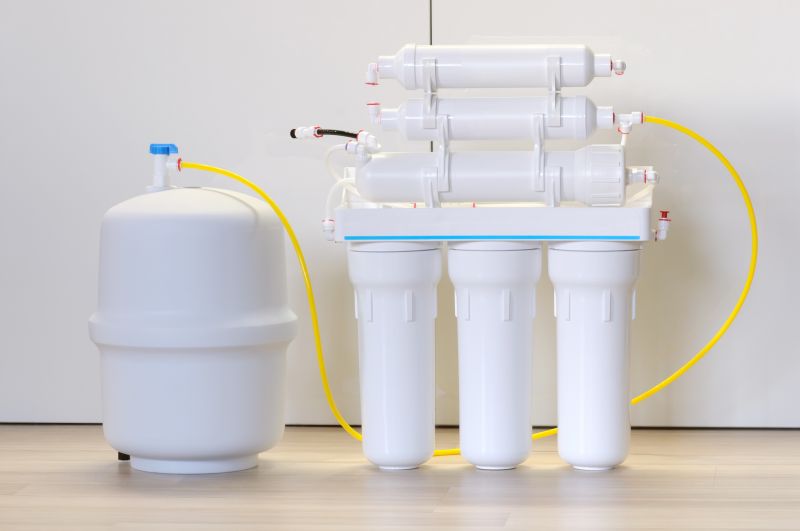
Advanced systems are used to treat water at optimal times for efficiency.
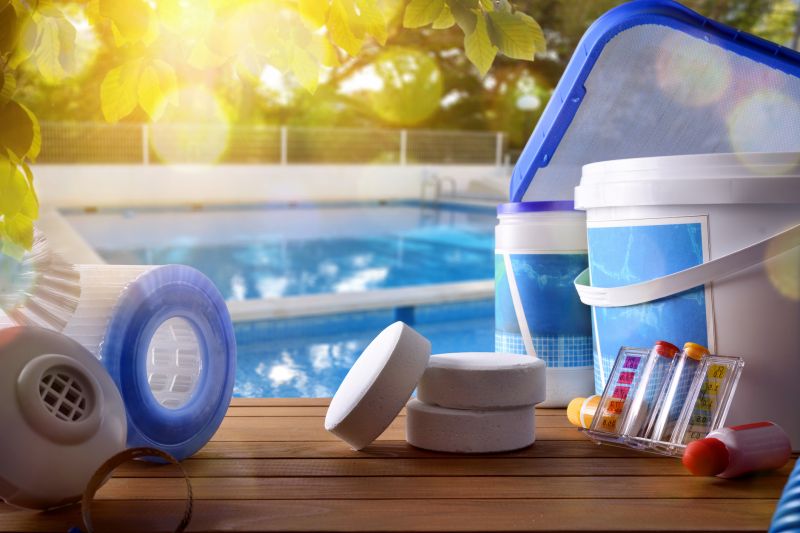
Regular testing ensures treatments are scheduled appropriately.
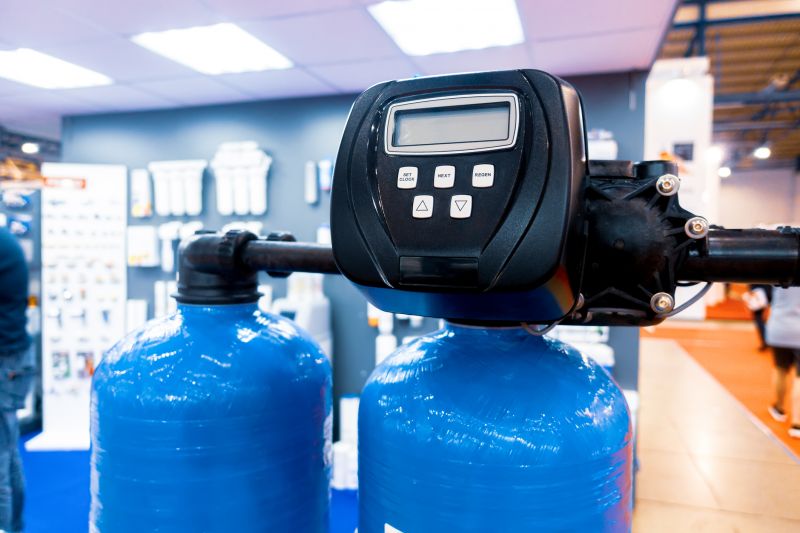
Continuous monitoring helps identify the best treatment periods.
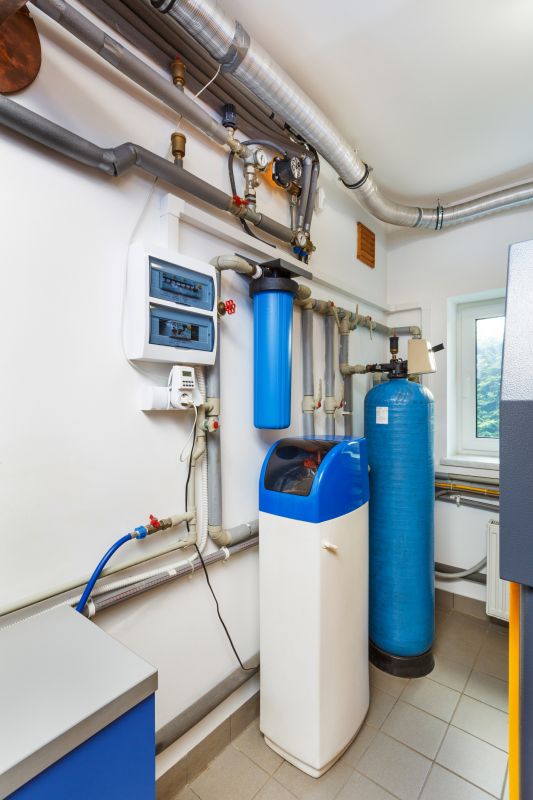
Ways to make Water Treatments work in tight or awkward layouts.
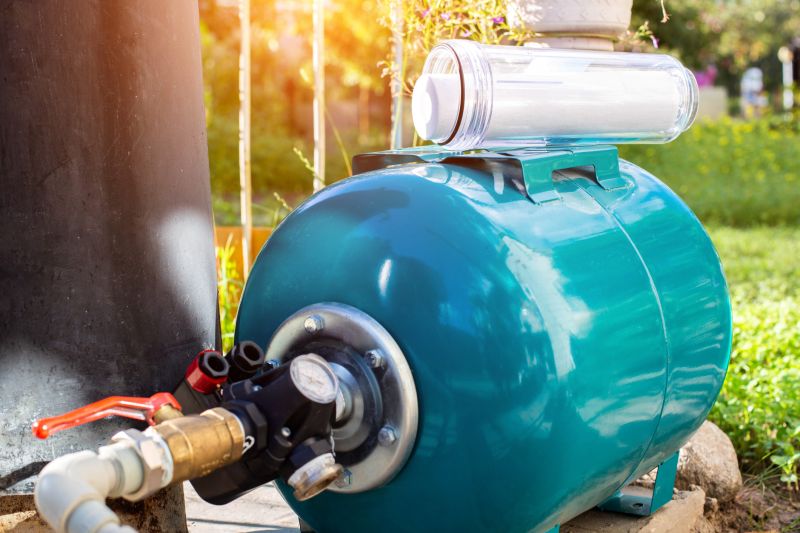
Popular materials for Water Treatments and why they hold up over time.
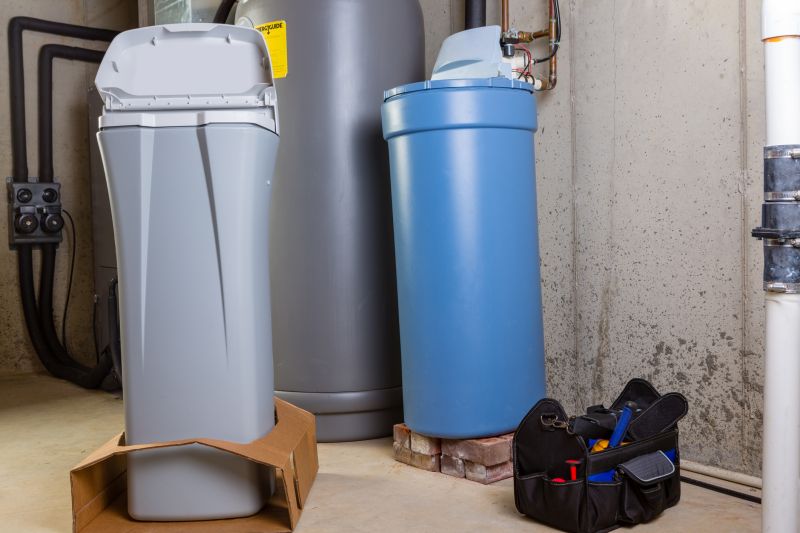
Simple add-ons that improve Water Treatments without blowing the budget.
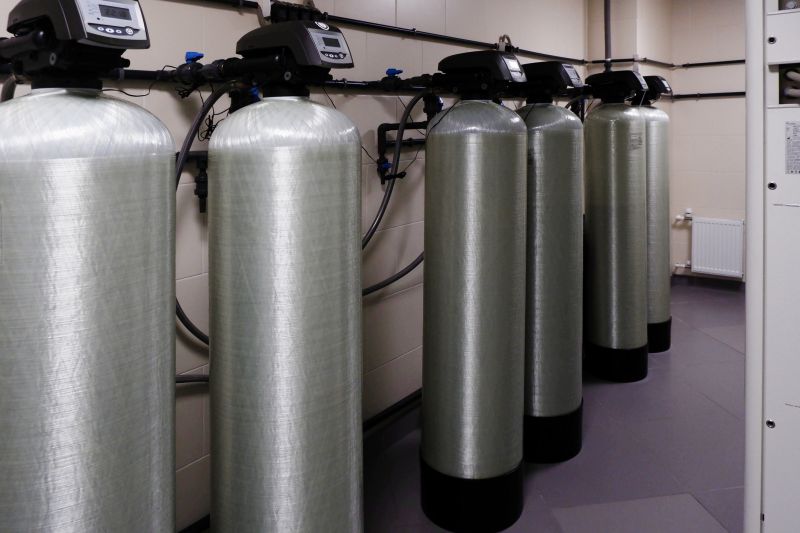
High-end options that actually feel worth it for Water Treatments.
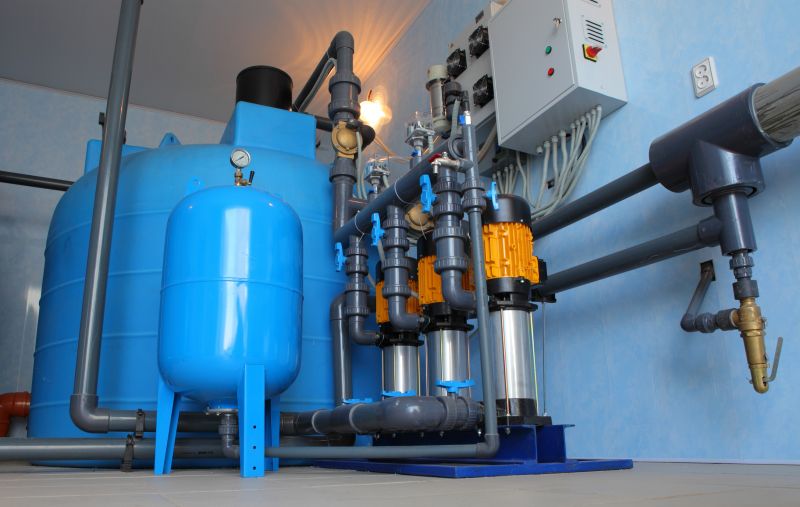
Finishes and colors that play nicely with Water Treatments.
| Optimal Treatment Periods | Key Considerations |
|---|---|
| Spring | Addressing winter buildup and preparing for increased usage |
| Fall | Prepping water systems for colder months and lower temperatures |
| Post-Heavy Rainfall | Managing runoff and contaminant levels |
| Before High Usage Seasons | Ensuring water quality during peak demand |
| During Temperature Fluctuations | Responding to changes in water chemistry |
Water treatments play a vital role in maintaining safe and clean water supplies. They remove harmful contaminants, balance water chemistry, and extend the lifespan of plumbing systems. Proper timing maximizes treatment effectiveness, reduces operational costs, and ensures water quality standards are consistently met. Advances in treatment technologies enable more precise scheduling based on real-time data and environmental conditions.
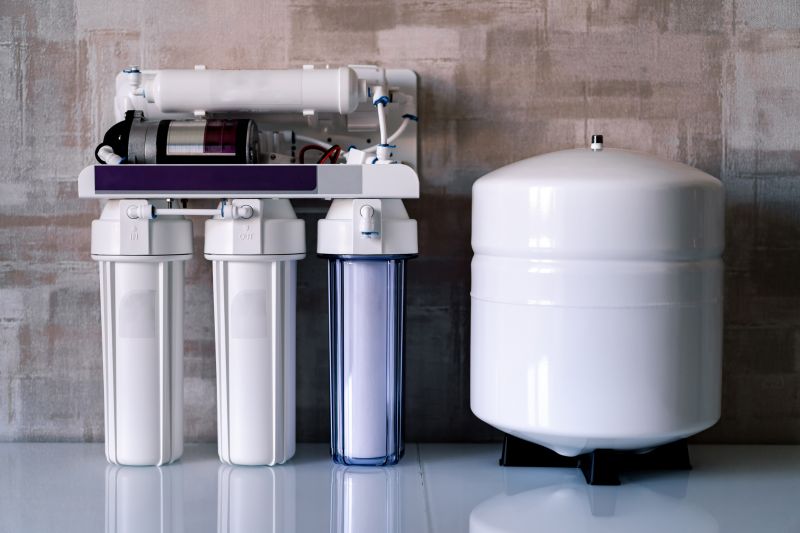
Facility designed for efficient water processing.
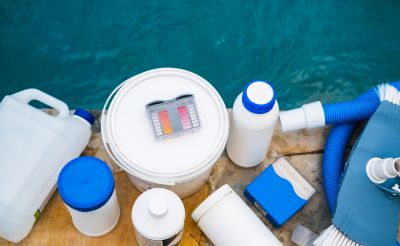
Used to adjust water chemistry during optimal periods.
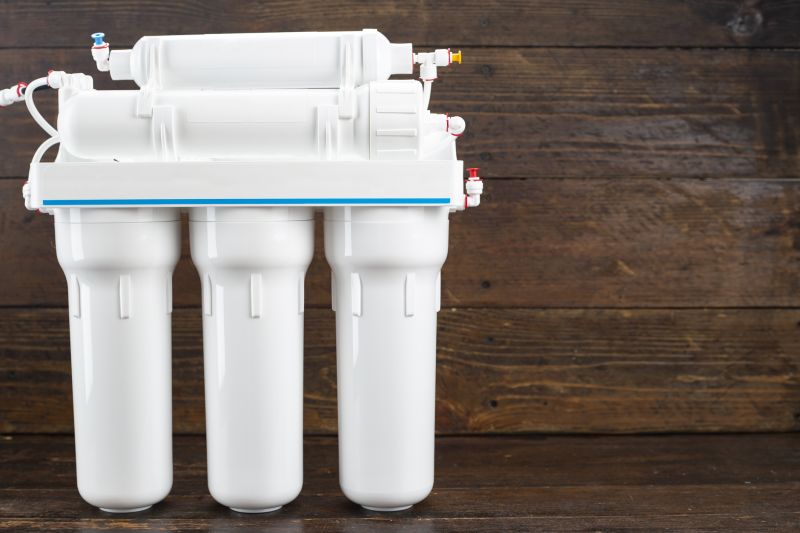
Installed to improve water clarity and quality.
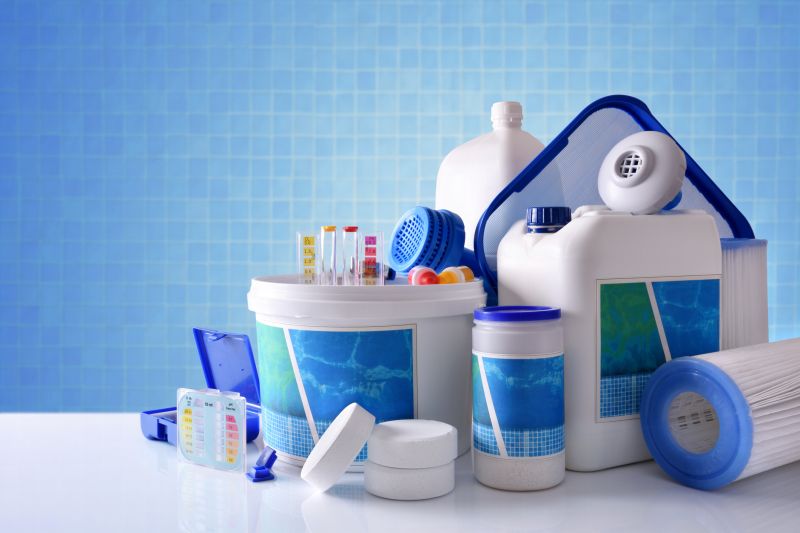
Critical for determining the right timing for treatments.

Little measurements that prevent headaches on Water Treatments day.

A 60-second routine that keeps Water Treatments looking new.
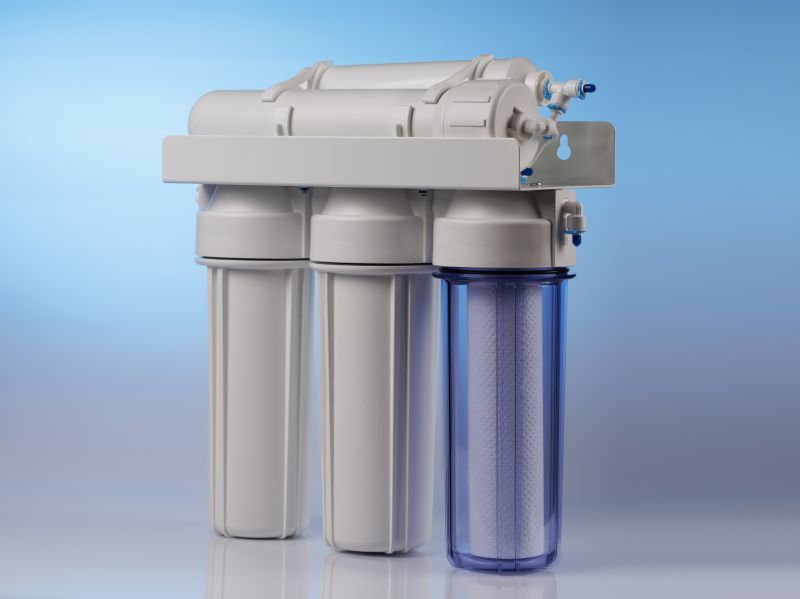
A frequent mistake in Water Treatments and how to dodge it.
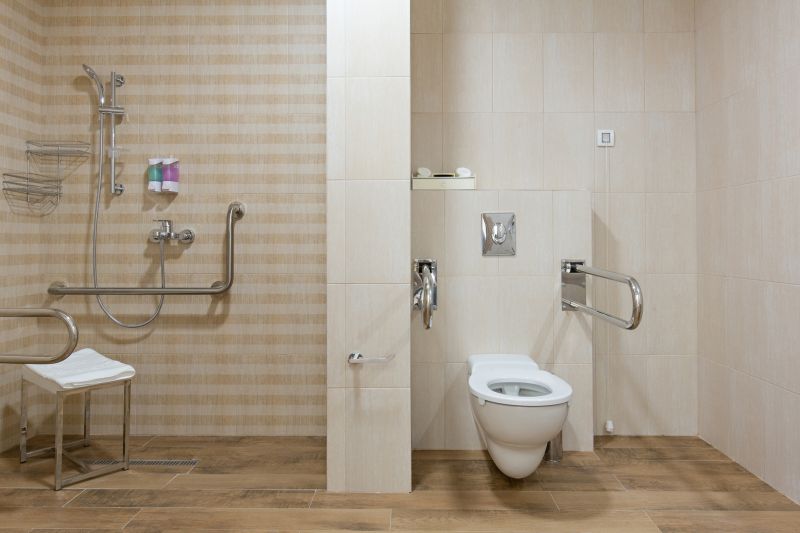
Small tweaks to make Water Treatments safer and easier to use.
Analyzing water chemistry helps identify the best treatment times and methods.
Consistent testing ensures timely interventions and treatment scheduling.
Seasonal variations influence water quality and treatment needs.
Proactive treatments reduce the risk of contamination and system failure.
Choosing the right time for water treatments involves considering environmental conditions, water usage patterns, and water quality indicators. Proper scheduling enhances treatment effectiveness, reduces costs, and ensures compliance with health standards. Continuous monitoring and data analysis support informed decision-making for optimal water management.
Individuals interested in scheduling water treatments or seeking more information can contact through the provided form. Proper timing and maintenance contribute to safe, clean, and reliable water supplies for residential, commercial, or municipal systems.

